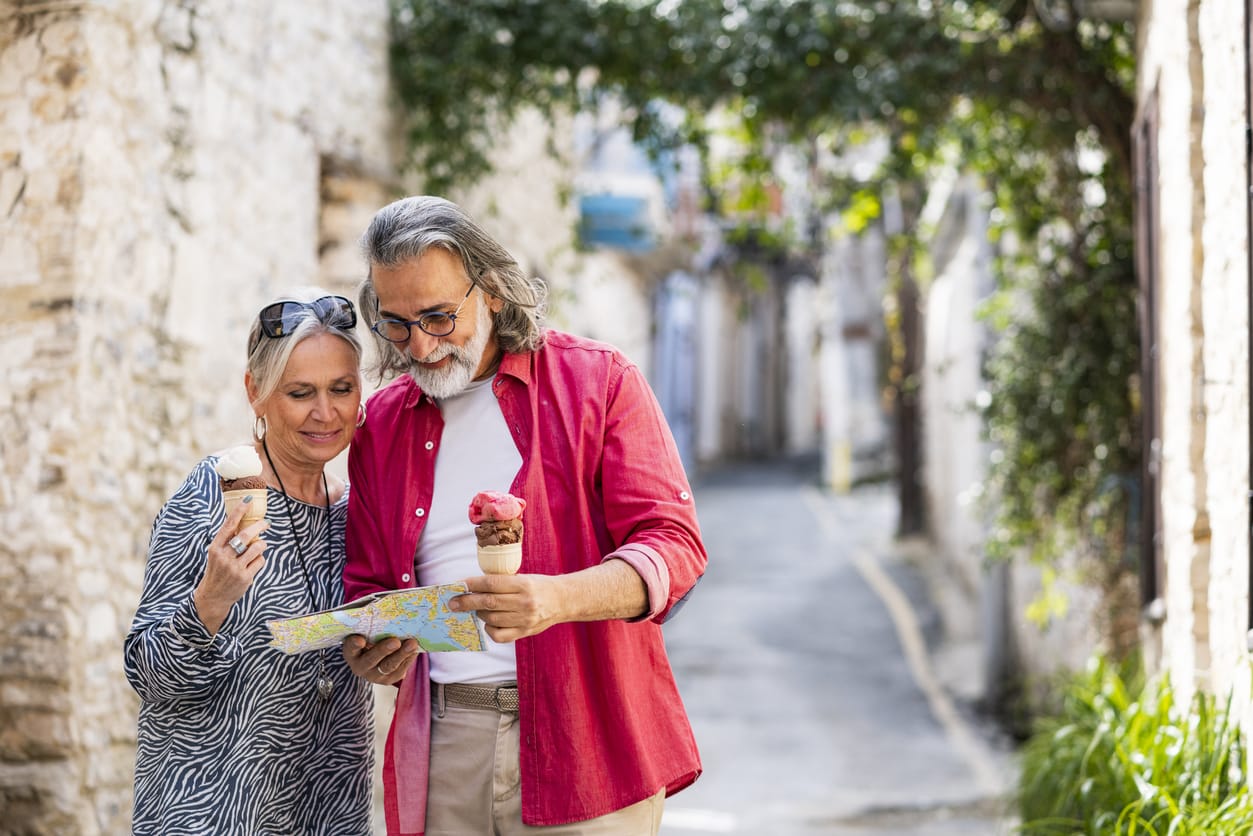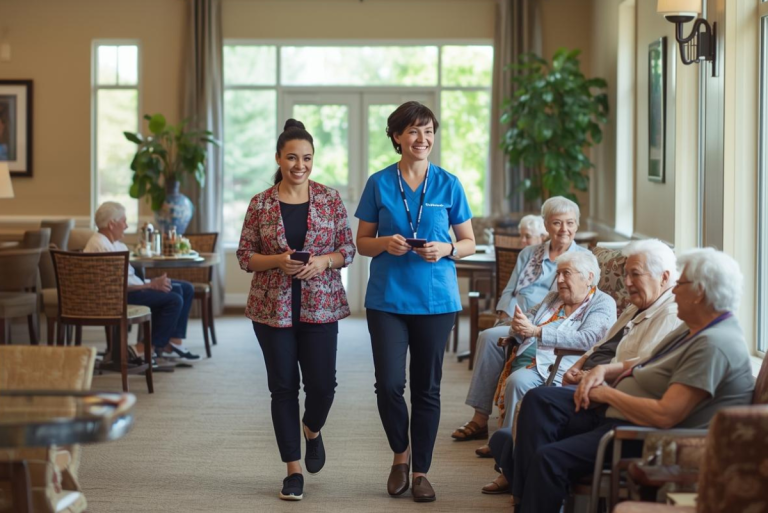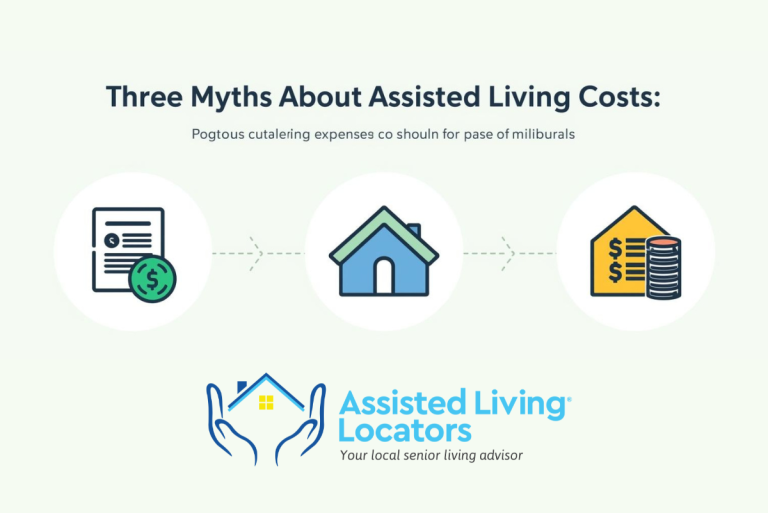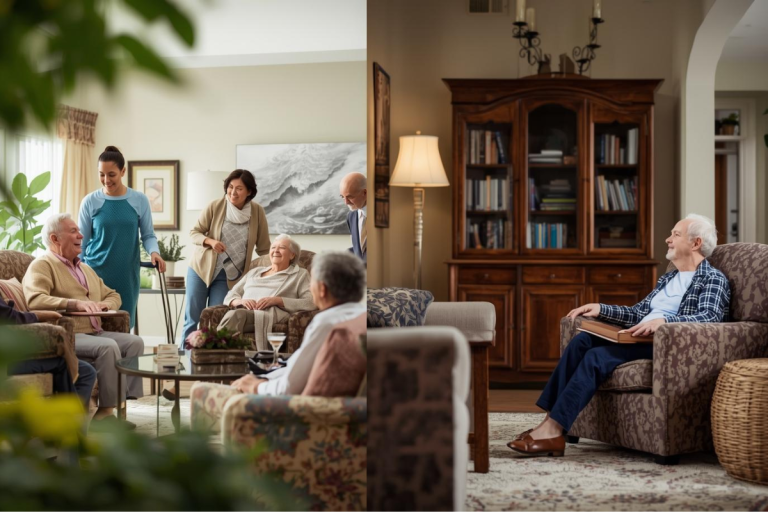During the summer months, family caregivers have a wonderful opportunity to enrich the lives of their elderly loved ones through cultural engagement. Participating in activities like attending concerts, visiting museums, or enjoying local theater productions offers seniors vital intellectual stimulation, crucial social interactions, and beneficial physical activity. These cultural experiences not only help maintain and improve mental faculties, particularly for those with cognitive challenges, but they also reduce feelings of loneliness by connecting seniors with their communities.
Cultural Activities and Events
One of the most rewarding ways to enhance the lives of elderly loved ones during the summer is by engaging them in various cultural activities. These events not only provide entertainment but also come with numerous mental, emotional, and social benefits. By carefully selecting activities that are senior-friendly, caregivers can ensure that their elderly family members remain active, stimulated, and connected to the community.
Art Exhibitions
We can explore art galleries or traveling exhibitions that offer features such as guided tours, senior discounts, and accessibility accommodations. These exhibitions often showcase a diverse array of artworks from classical paintings to contemporary installations, providing a rich visual experience.
Benefits:
- Stimulates creativity and mental engagement of seniors, enhancing cognitive functions.
- Offers therapeutic effects from the visual stimulation of art, reducing stress and promoting relaxation.
- Encourages a sense of connection to contemporary and historical art movements.
Tips: Schedule visits during early morning hours to avoid crowds and enjoy cooler temperatures.
“The purpose of art is washing the dust of daily life off our souls.”
Music and Theater Performances
We can seek out outdoor concerts, local theater performances, and opera in the park events that cater to senior audiences. These performances are often set in scenic locations and feature classic works that might resonate well with an older demographic.
Benefits:
- Provides emotional uplift and nostalgia, improving mood and mental well-being.
- Facilitates social interactions, which can reduce feelings of loneliness and isolation.
- Stimulates memory recall through familiar music and performances.
Tips: Attend matinee performances when available and check for senior-specific accommodations like hearing assistance.
Film Screenings
We can participate in screenings of classic films, documentaries, and curated senior-centric film festivals at local cinemas or community centers. These events are tailored to be senior-friendly and often highlight films with historical significance or nostalgic value.
Benefits:
- Encourages active discussion and reminiscence, fostering social bonds and emotional engagement.
- Allows seniors to reconnect with films from their youth or historical events, enhancing generational dialogue.
- Provides an accessible form of entertainment that can be tailored to various mobility levels.
Tips: Seek out theaters offering special senior days with discounts and better accessibility.
Literary Events
We can encourage our loved ones to attend library readings, book signings, and literary discussions held in quiet, comfortable settings such as local libraries or bookstores. These events often focus on works by classic authors or topics relevant to the senior community.
Benefits:
- Promotes mental stimulation through reading and discussion, maintaining literacy and critical thinking skills.
- Provides a social setting to connect with like-minded individuals, enhancing community ties.
- Encourages lifelong learning and curiosity.
Tips: Encourage participation in book clubs focusing on genres or topics of interest to seniors.
Museum Tours
We can visit museums that offer special exhibitions or events specifically tailored for seniors, including private tours, senior workshop days, and interactive sessions designed to be engaging and informative. These tours are often paced slower and include more resting spots.
Benefits:
- Engages seniors with historical and cultural content, fostering a deeper understanding of heritage and arts.
- Offers educational experiences in a low-impact setting, suitable for those with limited mobility.
- Stimulates intellectual curiosity and discussion among peers.
Tips: Look for museums with wheelchair accessibility and places to rest, ensuring a comfortable visit.
Cultural Festivals
We can explore local or regional cultural festivals that celebrate diverse cultures through food, music, and craft demonstrations. These festivals are vibrant community gatherings that often provide specific amenities to accommodate senior visitors.
Benefits:
- Exposes seniors to new cultures and experiences, broadening horizons and promoting inclusivity.
- Allows tasting of different cuisines and acquisition of unique handcrafted items, stimulating the senses.
- Provides a festive, vibrant atmosphere that can uplift spirits and improve emotional health.
Tips: Recommend attending during less crowded times and ensuring there is adequate shade and seating.
Planning and Accessibility Tips
Ensuring that elderly loved ones can safely and comfortably participate in cultural outings requires careful planning and attention to detail. This not only enhances their experience but also ensures they enjoy the activities fully. Here are some practical tips on planning and ensuring accessibility for seniors during cultural outings.
- Planning Transportation: Transportation is a fundamental aspect of any outing, especially for seniors with mobility issues. It's essential to arrange transportation that accommodates their needs, using services that are senior-friendly. Consider pre-booking vehicles equipped with wheelchair lifts or those that allow easy access for those with limited mobility, providing a smoother and more comfortable journey.
- Considering Mobility Needs: When attending a cultural event or venue, always consider the walking distance and standing time involved. Check if the venue offers wheelchair rentals or mobility scooters and if there are sufficient seating areas for resting when needed. Mapping out the location in advance, noting accessible paths, elevators, and restrooms, can make a significant difference.
- Staying Hydrated and Managing Health: Staying hydrated is crucial, particularly during outings in warmer weather. Encourage seniors to drink water throughout the day and bring along a reusable water bottle. Also, align the event timing with meal times and medication schedules. Packing snacks or planning meals around the outing can help maintain energy levels and accommodate any medical needs.
- Importance of Accessibility: Accessibility involves more than just physical access; it's about making the cultural experience enjoyable and meaningful for seniors. When selecting a venue or event, ensure they offer accommodations such as hearing aid compatibility systems, large print materials, or guided tours tailored for various disabilities.
- Inquiring About Specific Accommodations: Contacting event organizers or venue management in advance to inquire about specific accommodations is crucial. Many venues are willing to make necessary adjustments once they are aware of particular needs. This proactive approach can prevent unpleasant surprises and ensure that the outing is enjoyable for everyone involved.
In conclusion, cultural activities offer enriching opportunities for seniors during the summer, enhancing their quality of life and fostering community connections. Engaging in diverse experiences like visiting museums, attending concerts, and participating in community festivals can provide significant mental and emotional benefits while reducing isolation. We encourage you to share your favorite cultural activities and tips with fellow seniors, and consider signing up for our newsletter to stay updated on local senior-friendly events. Let's make this summer a season of joy and exploration for our elderly loved ones through cultural engagement.





